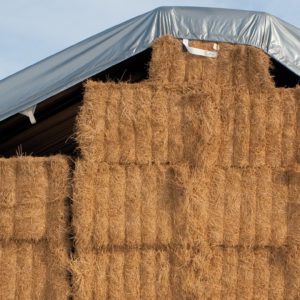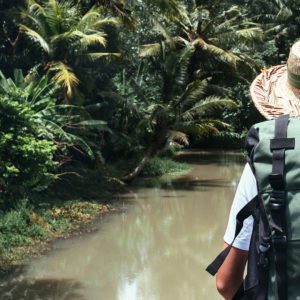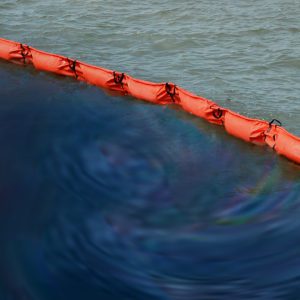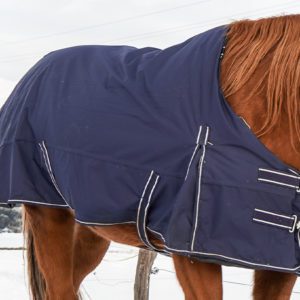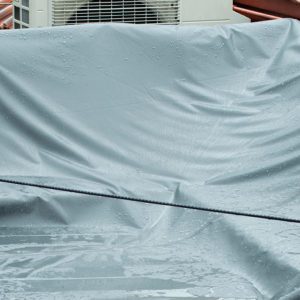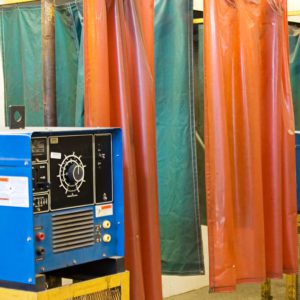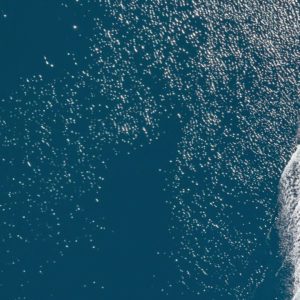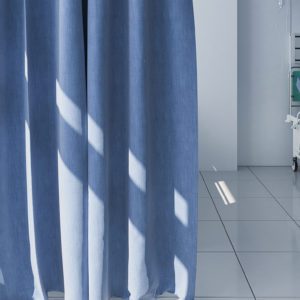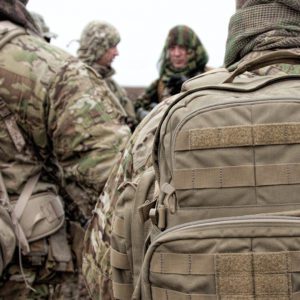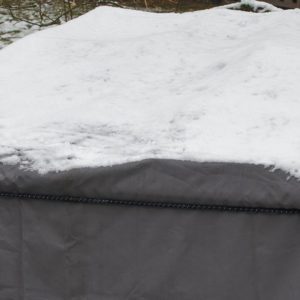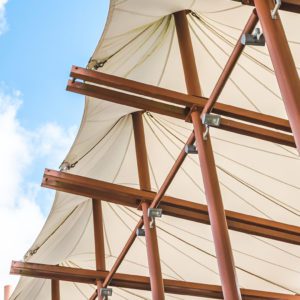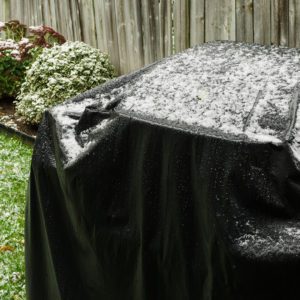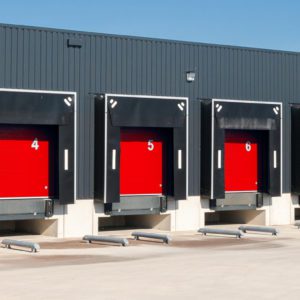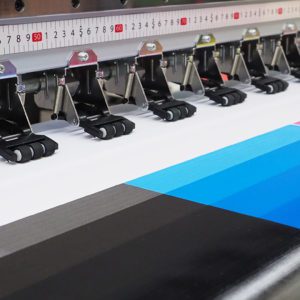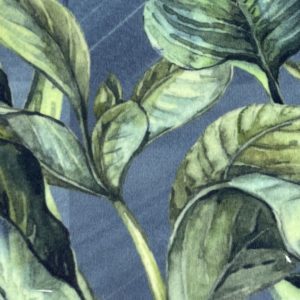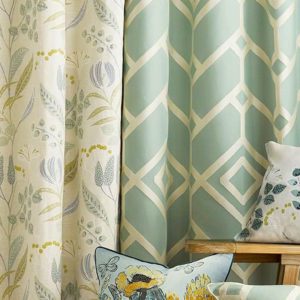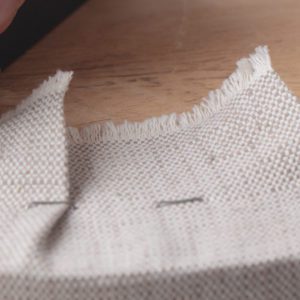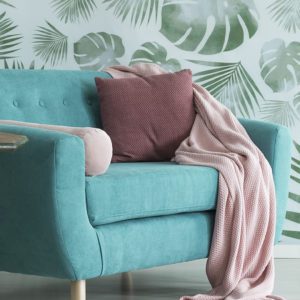Overview
PFAS chemicals are a synthetic group of chemicals that have extremely strong bonds and do not degrade over time. Dubbed, “forever chemicals,” they are highly effective as durable water repellents but also toxic to the environment and humans. Legislation has passed in many states, including California, banning the use of PFAS chemicals.
What are PFAS Chemicals?
PFAS (per-and polyfluoroaklyl substances), aka “forever chemicals,” are a class of manmade chemicals, not found naturally in the environment. They are very effective due to their strong chemical bond and have been used in products to repel water, stains, oil, and grease.
This strong bond also allows them to remain intact in any environment – including nature and the human body. We are all exposed to PFAS through food, dust, air, drinking water, and various products.
Health risks have been linked to cancer, liver damage, decreased fertility, an increased risk of asthma, thyroid disease, and more.
PFAS and the Textile Industry
PFAS have desirable textile-enhancing properties, including oil, water, alcohol, and dirt repellency, in addition to breathability, high thermal stability, and durability throughout the washing and dry cleaning processes.
What is the difference between C8, C6, and C0?
C8 (PFOA) is a long-chain molecule that was highly effective as a durable water repellent (DWR), but also highly toxic and has been illegal to use in the U.S. since 2016. C8 was used to make Teflon non-stick and a similar compound was used to make Scotchgard water repellent.
C6 is a short-chain molecule that is less toxic than C8 and still highly effective as DWR. Since it breaks down faster than C8 it was thought to be better for the environment and human health. However, it was discovered that C6 chemistry is still highly toxic in the environment and for humans.
C0 is a PFC-free DWR that does not contain the toxins associated with the long-chain carbon chemistry of C8 or C6 DWR.
TVF’s sustainability efforts include fabrics made in more sustainable ways with lower or no PFAS chemicals.
